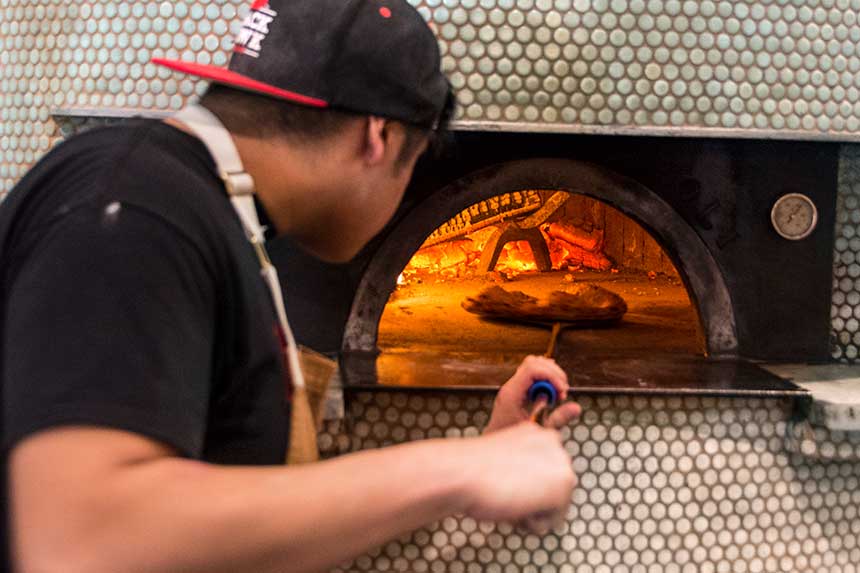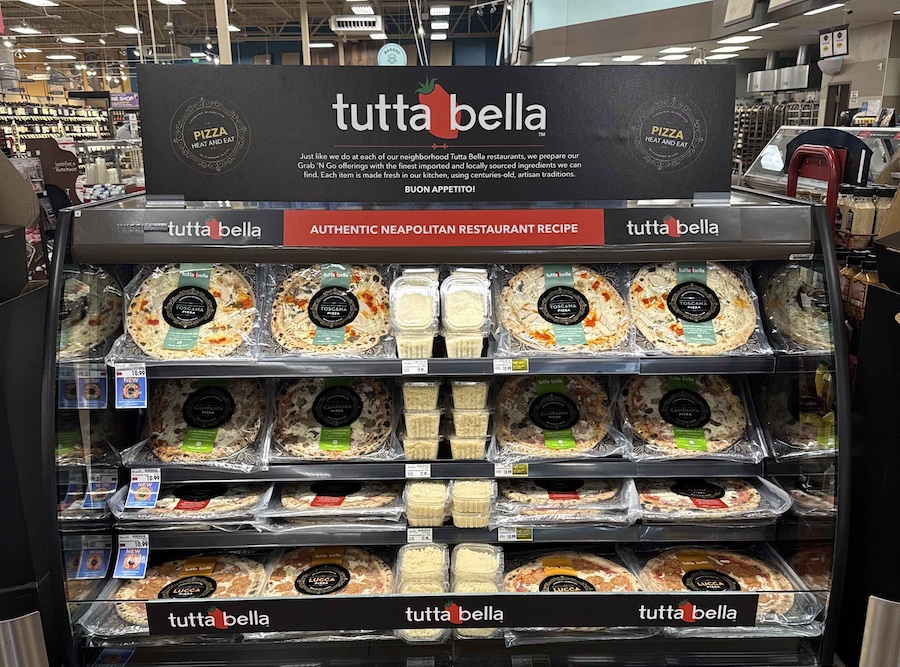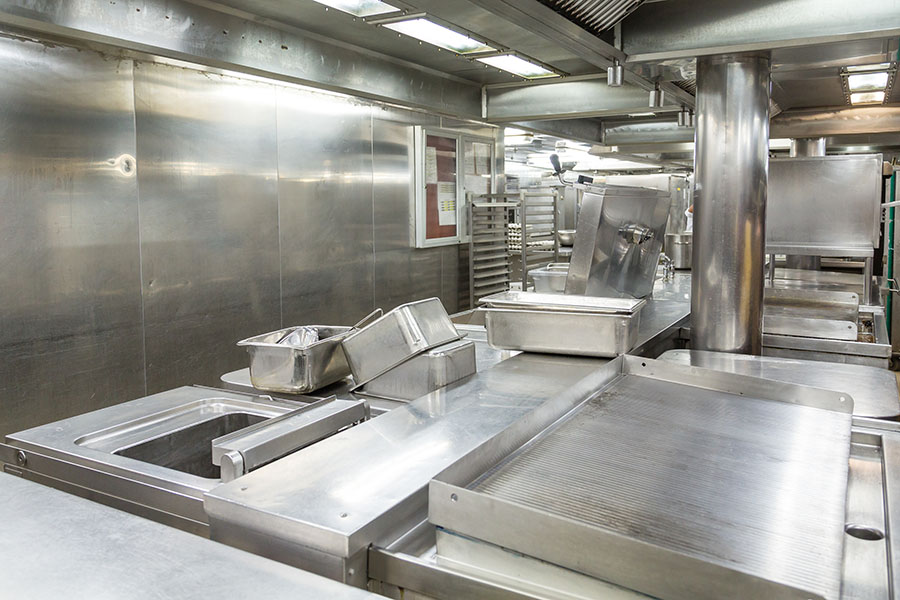Confusion and Debate amid New York City coal and wood burning pizza ovens legislation explained
It’s been a confusing month for pizzerias in New York City, particularly those burning coal or wood in their ovens. A few weeks ago, media outlets exploded with news about a new law that would destroy the city’s storied pizza culture. They claimed the law would cripple famous pizzerias by forcing them to install expensive equipment in the futile pursuit of environmental protection. It sent a shockwave of fear through pizzerias and pizza fans (which is every single New Yorker) and spun out into a full-fledged cultural clash framed as Oppressive Government vs. Small Business. As it turns out, very little of that was true.

Scott Wiener
Founder, Scott’s Pizza Tours and SliceOutHunger.org
It all started in 2015 when the city’s Department of Environmental Protection passed a law requiring businesses using solid fuel burning “cook stoves” to install emissions suppression units. These units, called “scrubbers,” prevent dangerous particulate matter from leaving an oven’s exhaust line. The law went into effect in May 2016 and all solid fuel burning cook stoves installed since then have been required to install these units.
The recent hubbub came about when the city decided it was time to start enforcing installation requirements for ovens installed prior to the 2016 law. NYC is famous for its century-old coal fired pizzerias. Places like Patsy’s in Harlem, Arturo’s on Houston Street, and Totonno’s on Coney Island put out crisp charred pizza that predates the thin foldable slices that rose to popularity in the second half of the 20th century. They’re sacred to NYC’s food history so any suggestion of a future without them truly terrifies the public.
One thing became very clear from all the articles and messages I received from pizzerias: nobody actually read the legislation. The biggest misunderstanding was that the expense of emissions suppression units would be so hefty they’d put pizzerias out of business. In reality, the legislation allows exceptions for businesses that are either unable to reduce emissions or unable to install the necessary equipment. Some pizzerias incorrectly assumed that the equipment would somehow alter the quality of their pizza. Since scrubbers are installed along the exhaust line and not directly inside the oven, this is simply not the case. When the DEP held a public hearing about the legislation, they opened by clarifying all the incorrect reporting and assumptions.
The whole situation serves as a good lesson on how restaurants can react to potentially worrisome legislation. The first step is to read the actual text of the law. The thing you’re so worried about might not be a real concern or might be addressed by the legislation. If there really is something in the law you disagree with, contact other pizzerias and see if they agree. Working together is much more powerful than working alone, which is why local and national restaurant associations are so helpful. If you haven’t joined your local National Restaurant Association chapter, you should strongly consider it. Next you can get in touch with your local representative to request a meeting. Small businesses are extremely important to local politicians so there’s a good chance they’ll listen to you, especially if you come to them representing a block of businesses.
The most important thing is to react to the legislation itself, not to media coverage.
SCOTT WIENER is the founder of Scott’s Pizza Tours in New York City and SliceOutHunger.org Instagram: @scottspizzatours







